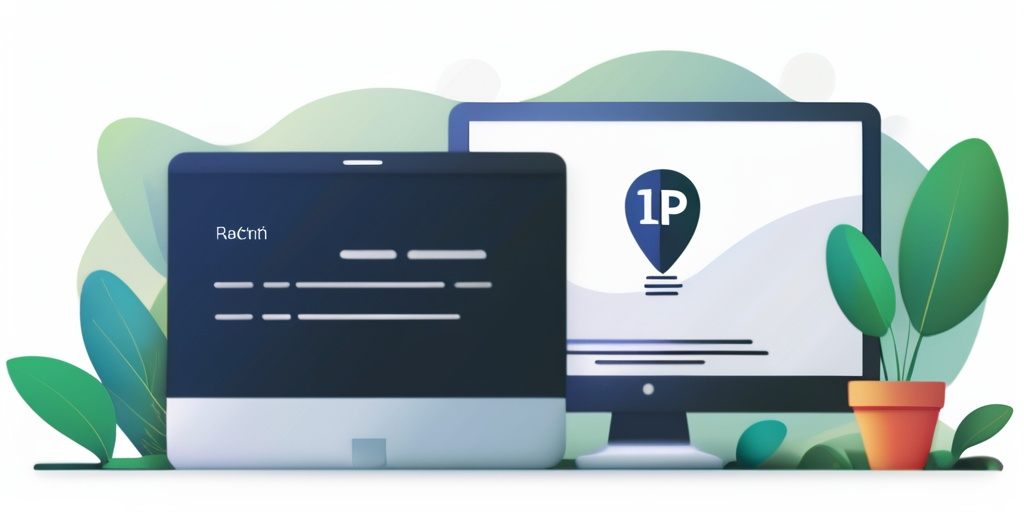The Importance of IP Address
The IP, short for “Internet Protocol,” refers to a unique address similar to a postal code that identifies your device’s identity. Therefore, using a VPN (Virtual Private Network) is very important and can offer numerous benefits to users. The function of the IP is to change your geographical location, which significantly enhances user security. Below are some of the key importance of IP:
1. Privacy Protection
- IP Address Masking: By using a VPN, your real IP address is hidden, and instead, the IP address of the VPN server is displayed. This protects your online identity.
2. Internet Security
- Data Encryption: VPNs typically encrypt your data, which increases the security of your personal and financial information when using public networks (such as public Wi-Fi).
3. Bypassing Restrictions
- Access to Content: With a VPN, you can access blocked content in your country, such as streaming services or websites that are not accessible due to geographical restrictions.
4. Prevention of Censorship
- Free Access to Information: In countries with internet censorship, VPNs can help users gain access to free information and resources.
5. Reducing Hacking Risks
- Protection Against Attacks: VPNs can protect against certain cyber attacks, such as “Man-in-the-Middle” attacks.
6. Improved Internet Speed (in some cases)
- Traffic Management: In some cases, using a VPN can help bypass speed limitations imposed by your Internet Service Provider (ISP).
7. Multi-device Support
- Simultaneous Use: Many VPN services allow multiple devices to connect to a single account, which is beneficial for users with several devices.

Conclusion
Using a VPN not only helps protect your privacy and security but also provides access to restricted content and circumvents censorship. Choosing a reputable and reliable service provider is crucial to ensure the security and quality of your internet connection.
